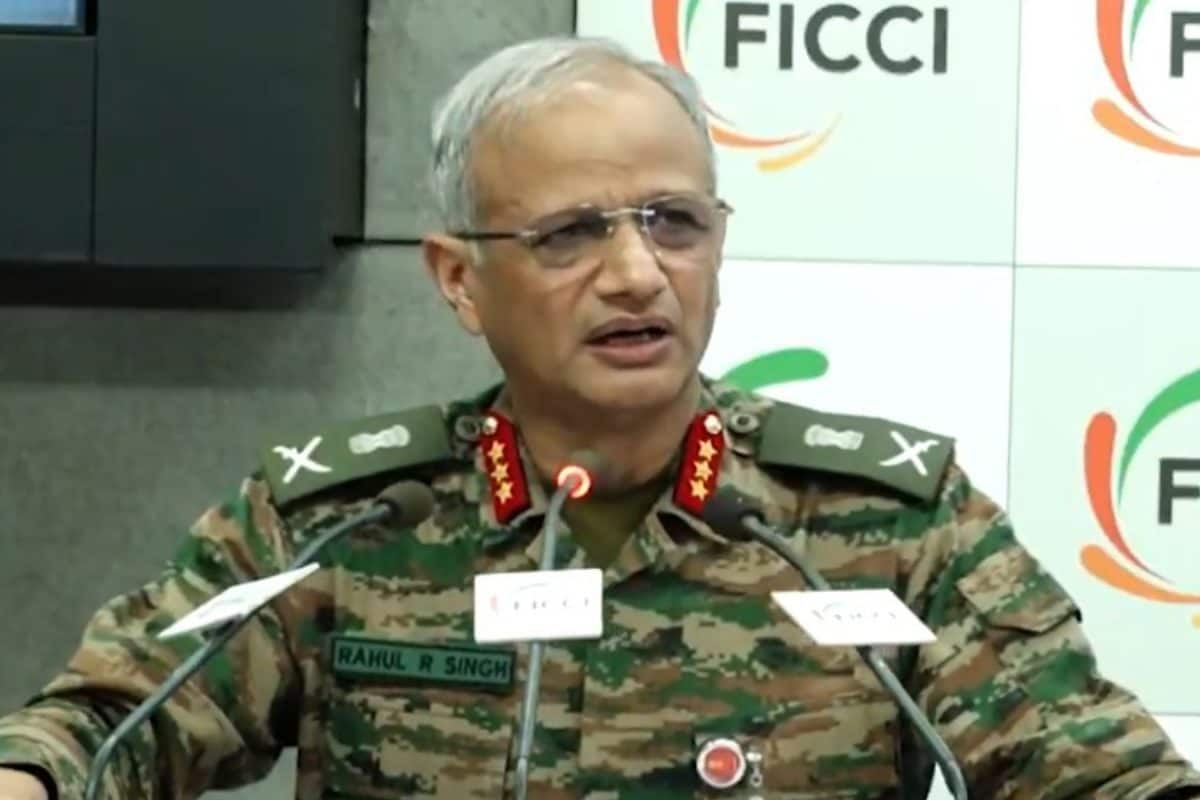

A high-ranking Indian military official has revealed that China is utilizing Pakistan as a live laboratory to test its weapons systems and gather crucial intelligence, particularly in the wake of India's "Operation Sindoor". This collaboration extends to intelligence sharing, with China providing real-time updates on Indian deployments to Pakistan during periods of conflict.
Speaking at a 'New Age Military Technologies' event, Lieutenant General Rahul R Singh, Deputy Chief of Army Staff (Capability Development and Sustenance), highlighted the depth of Chinese support to Pakistan's military. He stated that approximately 81% of Pakistan's military hardware originates from China, allowing China to test its weapons in real-world scenarios. This arrangement provides China with invaluable data on its weapons' performance against various platforms and defense systems.
The recent "Operation Sindoor" has further exposed this strategic alliance. Launched by India in response to a terror attack, the operation triggered a series of events that underscored China's support for Pakistan. According to Lt. Gen. Singh, Pakistan received live updates from China regarding Indian deployments during DGMO-level talks. This intelligence sharing highlights the extent of their collaboration and its potential impact on regional security dynamics.
The use of Chinese weaponry by Pakistan against Indian assets provides Beijing with a unique opportunity to assess the effectiveness of its military technology. These clashes serve as a testing ground for Chinese hardware, offering insights that no simulation or joint exercise could replicate. By observing the performance of its weapons in live combat scenarios, China can refine its designs and tactics, ultimately enhancing its military capabilities.
Moreover, this military cooperation has broader implications for regional power dynamics. China's support has enabled Pakistan to modernize its military and reduce its dependence on Western arms. The integration of Chinese platforms, such as the J-10C fighter aircraft and HQ-9 air defense systems, has significantly bolstered Pakistan's defense capabilities. This shift in military balance allows China to expand its influence in the region and challenge the dominance of Western military technology.
In addition to China, Lt. Gen. Singh noted that Turkey also played a role in supporting Pakistan during Operation Sindoor, though he did not elaborate on the specifics of that support. He also cautioned that future conflicts might see Pakistan targeting India's population centers, underscoring the need for a robust air defense system.
The Indian government views China as its primary adversary and Pakistan as an ancillary security concern. Operation Sindoor was a measured response based on credible intelligence, carefully targeting terror camps while avoiding Pakistani military installations. The operation aimed to dismantle terrorist infrastructure and deter further cross-border terrorism.